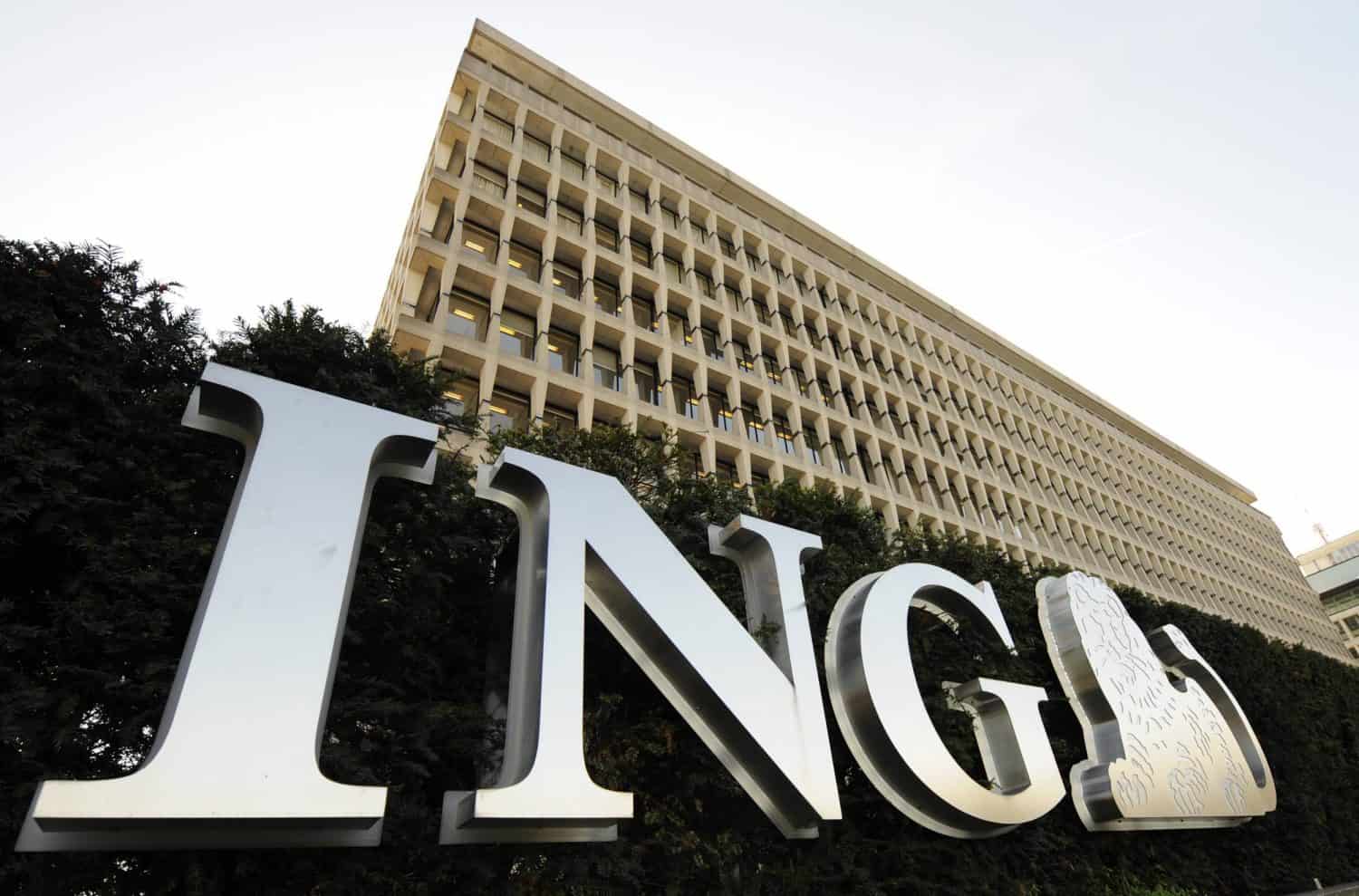THE HAGUE, NETHERLANDS – Dutch banking giant ING reported a sharp drop in third-quarter profit on Thursday as it took a hit from new mortgage rules in Poland and cited a “challenging” geopolitical environment.
ING said that its net profit reached US$958 million (979 million euros) in the third quarter, down 28.4 percent from the same period last year.
The bank said its Polish unit took a US$334 million (343-million-euro) hit from new regulations allowing borrowers to suspend mortgage loan payments.
Turnover fell by five percent to US$4.3 billion (4.4 billion euros), with the bank saying it would have topped US$4.8 billion (5 billion euros) if it had not been impacted by the mortgage rules in Poland and a US$280 million (288-million-euro) charge related to a hedge accounting adjustment.
The Dutch bank also announced a share buyback of US$1.4 billion (1.5 billion euros).
“I’m pleased with our solid performance, especially in light of the challenging economic and geopolitical environment,” chief executive Steven van Rijswijk said.
“The exceptionally high inflation and high energy prices are affecting consumers and companies alike,” he added.
Inflation has soared worldwide since Russia invaded Ukraine on February 24, sending energy and food prices through the roof.
ING noted that it benefited from higher interest rates, which central banks have been hiking aggressively in efforts to tame inflation.








